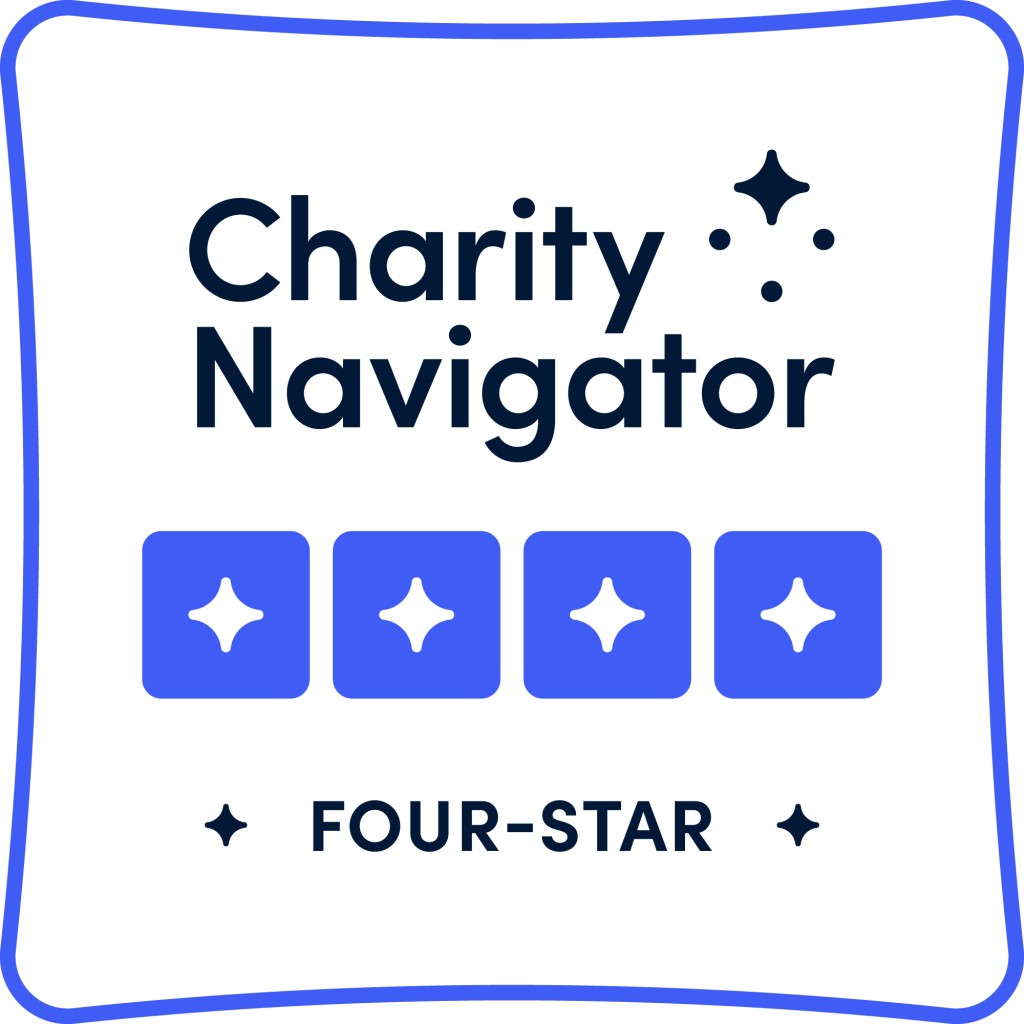Clinical trials are more than science. They are about hope, courage, and shaping the future of ovarian cancer treatment. Each participant not only receives access to new therapies but also helps researchers learn, adapt, and move closer to breakthroughs.
This is the story of Jennifer, a six-year ovarian cancer survivor. Her journey through diagnosis, treatment, and participation in clinical trials reflects how one person’s courage can ripple forward to help countless others.
A diagnosis that led to new possibilities
Jennifer’s world changed in March 2019 when she was diagnosed with Stage 3C high grade serous ovarian cancer. The shock was overwhelming, but she moved quickly into treatment at the University of Chicago. After chemotherapy and a nine-hour surgery, she celebrated being declared NED (No Evidence of Disease) in October of that year.
But in 2020, her cancer returned. Standard treatments were no longer enough. It was then that her care team introduced clinical trials, presenting Jennifer with both a challenge and an opportunity.
“When the clinical trial was introduced to me, there really were no other options for treatment.”

Why clinical trials matter
Jennifer decided to move forward, not only for herself but for others who would come after her.
“By participating in a clinical trial I’m placing hope in the drug that it will help me. But even more so, if the drug doesn’t work for me in the end, I have tried for as long as it helps and doctors and researchers are able to record my reactions and possibly change future outcomes for other patients.”
Her perspective captures the importance of clinical trials. They give survivors like Jennifer access to potential new therapies, while also gathering knowledge that can lead to better treatments, fewer side effects, and longer lives for future patients.
Jennifer has participated in three clinical trials, each one offering valuable insights to researchers. Some felt similar to chemotherapy, while others were more demanding. Each experience, however, was a step forward not just for her, but for ovarian cancer research as a whole.
Hope through research and community
What gave Jennifer the strength to continue was her support system, including her husband, children, parents, and the NOCC community. Through survivor peer support groups, meal deliveries, and educational programs, she found connection and encouragement that carried her through difficult treatments.
Even in the hardest moments, she focused on what she was working toward: more time with her family and the chance to see milestones unfold.
“In my journey, what has given me the strength and hope to move forward is all the things I still need to do and who I want to meet!”
Jennifer’s story is proof that clinical trials are not just about data. They represent resilience, shared progress, and the promise of brighter tomorrows for everyone affected by ovarian cancer.

Carrying strength forward
By stepping into clinical trials, Jennifer gave herself more time and helped pave the way for future breakthroughs. Every participant plays a role in shaping tomorrow’s treatments.
Her story reminds us that research and resilience go hand in hand. For survivors considering their options, clinical trials may be both a personal lifeline and a gift to the community.
What you can do right now
- Learn more about ovarian cancer clinical trials
- Explore programs and resources for ovarian cancer survivors and caregivers
- Join a Together in TEAL run/walk to connect with the ovarian cancer community
- Find encouragement in more stories of inspiration
Frequently asked questions about ovarian cancer clinical trials
Jennifer’s ovarian cancer survivor story highlights how clinical trials can provide hope when standard treatments are no longer effective. Many survivors and caregivers have questions about what clinical trials involve, who can participate, and how they help shape the future of ovarian cancer care. Below are answers to some of the most common questions.
How do I know if I qualify for an ovarian cancer clinical trial?
Eligibility depends on factors such as your cancer stage, previous treatments, overall health, and the specific requirements of the trial. Talk to your oncologist or search ClinicalTrials.gov to find trials that may be a fit.
Are clinical trials safe for ovarian cancer patients?
Yes. Clinical trials follow strict safety standards and are closely monitored by researchers, doctors, and the FDA. Patient safety and informed consent are always the highest priority.
What are the potential benefits of joining a clinical trial?
Patients may gain access to promising new treatments, contribute to advancing research, and receive close medical monitoring throughout the trial.
Patients may gain access to promising new treatments, contribute to advancing research, and receive close medical monitoring throughout the trial.
What risks are involved with ovarian cancer clinical trials?
As with any treatment, there may be side effects or the trial drug may not be effective. However, participation still contributes valuable information that helps shape future care.
The NOCC offers peer support groups, community events, volunteer opportunities, and educational programs and resources to help families navigate loss and continue their loved one’s legacy.
How can caregivers support a loved one in a clinical trial?
Caregivers can provide emotional support, help manage appointments, and stay informed about side effects and treatment requirements. Being present and engaged can make the journey less overwhelming.
The NOCC offers peer support groups, community events, volunteer opportunities, and educational programs and resources to help families navigate loss and continue their loved one’s legacy.
Where can I find ovarian cancer clinical trials near me?
Caregivers can provide emotional support, help manage appointments, and stay informed about side effects and treatment requirements. Being present and engaged can make the journey less overwhelming.
You can search ClinicalTrials.gov, talk to your oncology team, or reach out to organizations like the National Ovarian Cancer Coalition for guidance.




